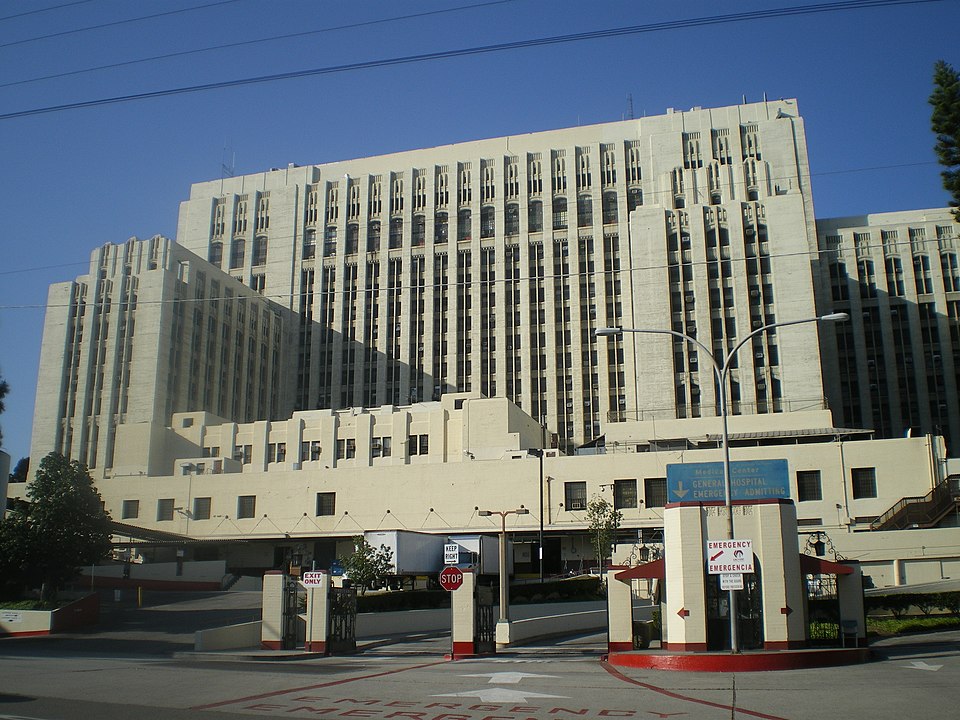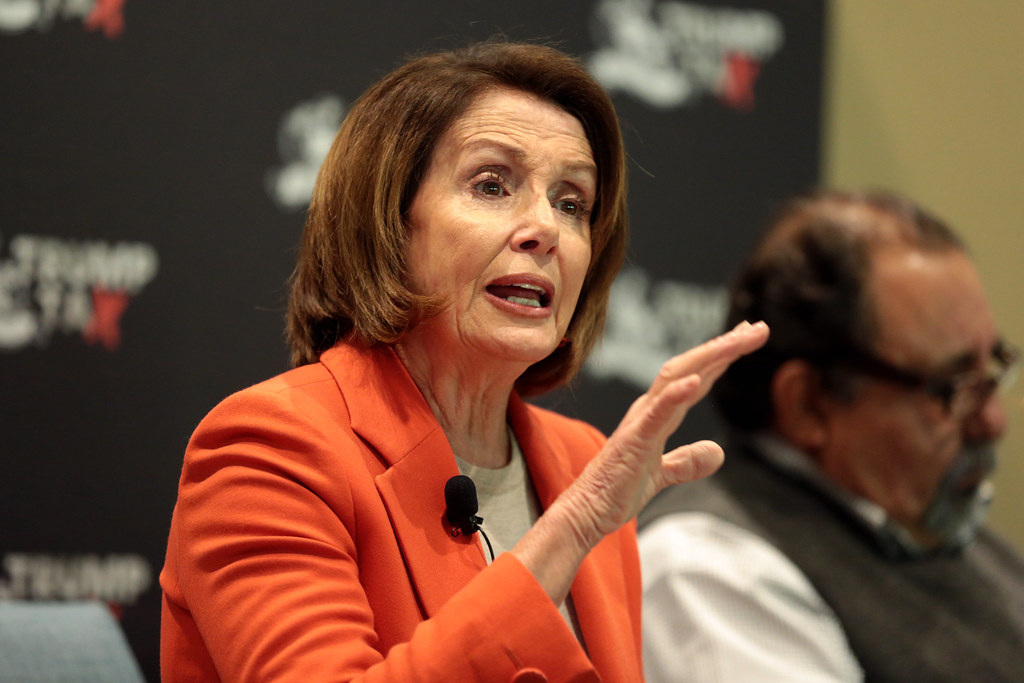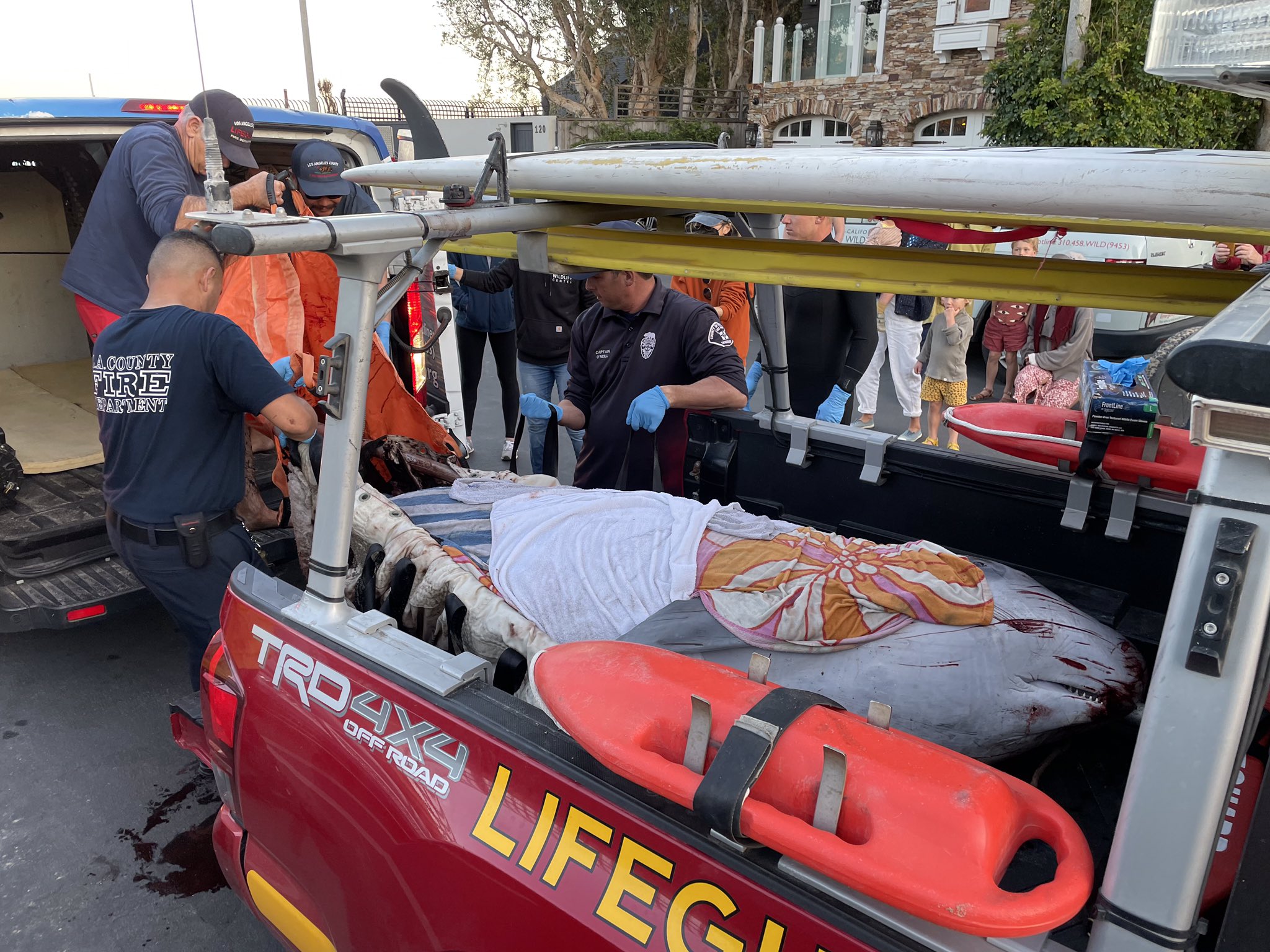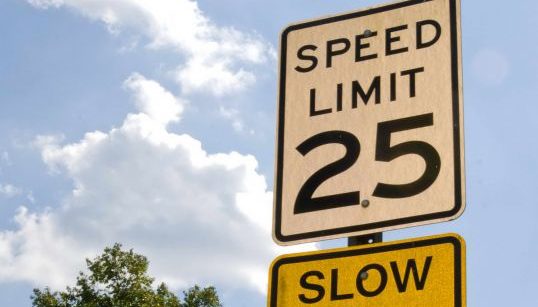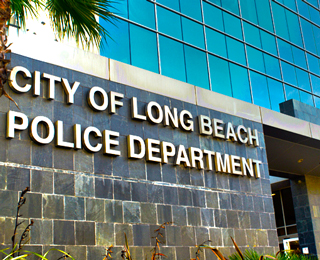The number of COVID-positive patients in Los Angeles County hospitals has fallen again, dropping from 792 to 755, according to the latest state figures.
Of those patients, 131 were in intensive care, up three from the previous day.
On Saturday, local health officials reported 1,382 new cases of COVID-19 and 48 additional deaths associated with the virus, bringing the county’s totals to 2,803,476 cases and 31,005 fatalities since the pandemic began. The rolling average daily rate of people testing for the virus was 1%, down from 1.1% on Friday, according to the Los Angeles County Department of Public Health.
The department no longer updates COVID data on Sundays.
As of midnight Friday, indoor mask-wearing went from mandatory to “strongly recommended” in most indoor spaces across the county. Masking is still required in higher-risk settings, including health care facilities, transit centers, airports, aboard public transit, in correctional facilities and at homeless shelters and long-term care facilities.
Indoor masks also continue to be required on K-12 school campuses, although the county and state will lift that requirement on Saturday. The policy, however, is expected to remain in place in the Los Angeles Unified School District until the end of the school year.
Despite the easing of the requirement, county officials noted that individual businesses can still opt to require face coverings. People are also free to wear masks whenever they see fit, particularly in crowded settings or while interacting with people at higher risk of severe illness from the virus.
Public Health Director Barbara Ferrer warned Thursday that despite the lifting of COVID-related mandates, people shouldn’t think that life is completely returning to normal.
“It’s very tempting to think the pandemic is over and we can return to the way things were before the pandemic,” she said. “And while transmission has greatly slowed and we’re in a much better place with our powerful tools that help so many avoid the worst effects of this virus, there do continue to be thousands of people whose lives, families and work are disrupted each day because either they or someone close to them is newly infected with COVID-19. And for some of these people, their infection can and will lead to more severe illness.”
County Board of Supervisors Chair Holly Mitchell echoed that sentiment, noting that while countywide COVID metrics are improving, there are individual communities that have higher case rates and more susceptibility to the virus.
She said that “as we move back into our new status of low risk,” it should be clear “at the community level that we can’t have a one-size-fits-all approach to ongoing prevention practices.
“And so, again, hoping people will do what’s best for them, their families and their communities in choosing to continue to mask or not,” she said. “We need to be conscientious and follow the guidance, really making sure we’re prioritizing the needs of the county as a whole with common-sense protections that really enable everyone to thrive.”
The mask mandate was lifted following data released Thursday by the U.S. Centers for Disease Control and Prevention that officially moved the county out of the CDC’s “high” virus activity category and into the “low” category. The CDC updates its county-level data every Thursday.
The CDC designations are based largely on the number of new virus- related hospital admissions and on the percentage of hospital beds being occupied by COVID-positive patients, along with a county’s overall rate of new COVID cases.
Ferrer noted that people attending indoor mega-events of 1,000 or more people — such as sporting events — will still be required to show proof of COVID vaccination or a recent negative test to be admitted. Vaccine verification or a negative test will also still be required for workers at health care facilities and congregate-care facilities.
But the county has dropped its requirement that people show proof of vaccination to patronize indoor portions of bars, nightclubs and lounges or outdoor mega-events.
However, a city of Los Angeles ordinance that took effect Nov. 8 remains in effect. That ordinance requires people over age 12 to show proof of vaccination before patronizing indoor restaurants, gyms, entertainment and recreational facilities, personal care establishments, some city buildings and mega-events with 5,000 or more attendees within the city of Los Angeles. People can be exempt from that mandate for medical reasons or if they have a “sincerely held religious belief,” and each business is responsible for reviewing exemptions.
City Council President Nury Martinez on Friday introduced a motion to start the process of possibly rescinding the ordinance. But the full council must first agree to do so, then the city attorney will have to draft a new ordinance and bring it back to the council for another vote.
While the county’s mask mandate was lifted, Ferrer warned that the virus remains a threat. She said the county will be monitoring seven “alert signals” that could portend increased virus activity and lead to a resurgence of some limited restrictions. Three of the “alert signals” are community-wide metrics — the emergence of variants of concern, COVID-19 emergency department visits and cumulative COVID case rates in high-poverty communities.
The other four “alert signals” involve specific sectors, tracking outbreaks at skilled nursing facilities, at K-12 schools, at homeless shelters and at worksites.
If two or more of the signals rise to alert levels, it will trigger a county investigation into the reasons for the increases, and whether some specific mitigation measures need to be imposed.
Ferrer noted that as of Thursday, only one category of the monitoring areas was in the “alert” range, with seven new school outbreaks reported over the past week. She said health officials have been investigating the issue, and as a result, will strongly recommend that students and staff continue to wear masks indoors even when the requirement is lifted. The county is also recommending other improvements at schools, such as improved ventilation indoors and stepped-up monitoring for symptoms of illness and weekly testing of unvaccinated people.

